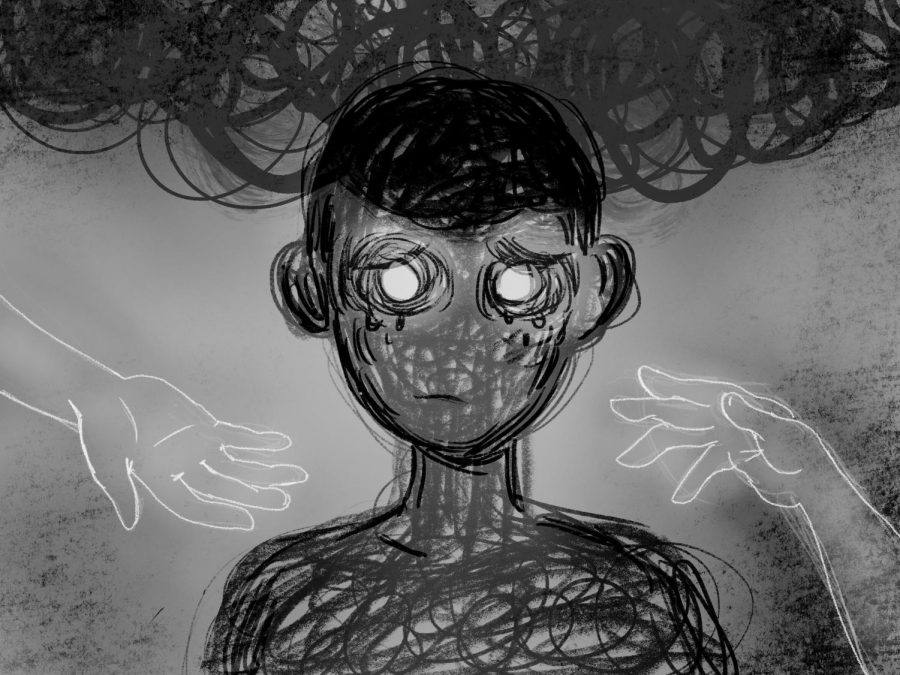Mental health professionals should respond to mental health 911 calls
March 30, 2021
TW: Discussions of police brutality
Policing is harmful and has been since its creation. Policing mental health is especially dangerous, even with so-called good intentions.
In January 2021, the UT Police Department created the University Crisis Intervention Team to respond to 911 calls containing a mental health element. The team is made up of certified mental health officers who receive a minimum of 40 hours training in de-escalation, crisis negotiation, mental health and first aid. They conceal their weapons and wear low-profile uniforms but are still armed.
Emergency calls containing a mental health element should not be met with police. Crisis intervention teams are not adequately trained and are prone to responding with violence and brutality, a tactic that many in the community fear.
Instead of UTPD’s University Crisis Intervention Team responding to 911 calls that involve a mental health aspect, trained mental health professionals should be the ones responding.
The UT Counseling and Mental Health Center, which worked with UTPD to create this team, said that their response is to help support students in mental health crises.
“I appreciate UTPD’s investment in the well-being of our students by ensuring that their officers all have specialized mental health training,” Chris Brownson, CMHC director and associate vice president for Student Affairs, said in an email.
However, this “specialized training” is not sufficient. Licensed Clinical Social Workers require a minimum of 900 hours field education before they are certified to treat people with mental health issues. Yet, we are responding with police who are only required to have a minimum of 40 hours of training. Moreover, police officers, even with training, are still prone to violent reactions.
The common misconception that people with mental illness are violent leads many to believe that a police presence is necessary in responding to such calls to ensure safety. Yet, police are more dangerous to the person experiencing a mental health crisis, not the other way around.
“Statistics actually show that it’s the opposite — people with mental illness are more likely to be victimized and killed,” said Mackenzie Ulam, a psychology senior and president of the National Alliance on Mental Illness at UT.
People with untreated mental illness are 16 times more likely to be killed during a police encounter, according to the Treatment Advocacy Center.
Additionally, despite the added training that Crisis Intervention Teams like that of UTPD go through, studies show that use of force and injury rates do not decrease compared to the rest of the police force. Hence, the extra training partaken by Crisis Intervention Teams are not making calls safer for anyone.
Instead of supporting UTPD’s intervention team, CMHC and the Austin community should provide social workers, counselors and psychiatrists to respond to these crises.
Samantha Stanford, a lieutenant in the Community Engagement Division of UTPD, states that the purpose of the team is to establish safety for those involved.
The question is, who is ensured safety?
“I absolutely understand that there might be a concern how law enforcement is responding,” Stanford said. “For some individuals, it can be seen as a traumatic experience for someone in uniform to be talking to them.”
If this is true, why is UT subjecting individuals to trauma when there is a better option? Have mental health professionals from the community respond to these calls. Not only do they have superior training in crisis intervention and de-escalation, but they do not carry the same badge of distrust police do.
Don’t settle for a system that inherently criminalizes those with mental health issues. Advocate for a system where care is given by the community.
We deserve care, not cops.
Cardone is a government and social work sophomore from San Antonio, Texas.












